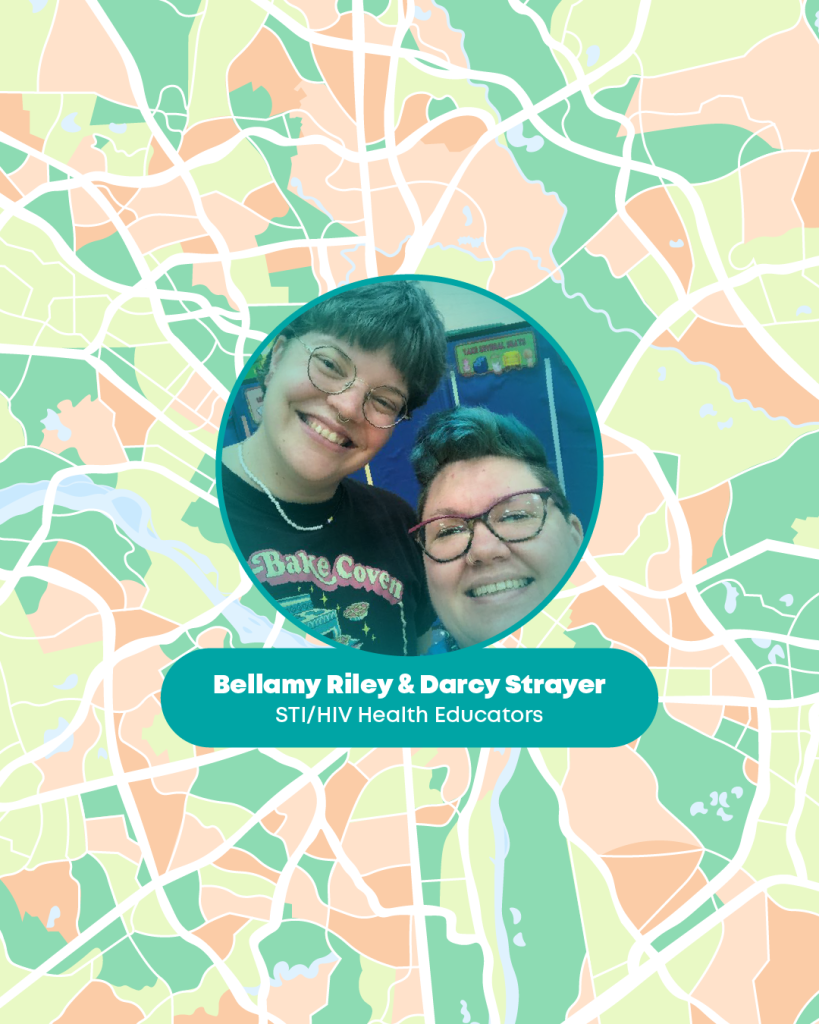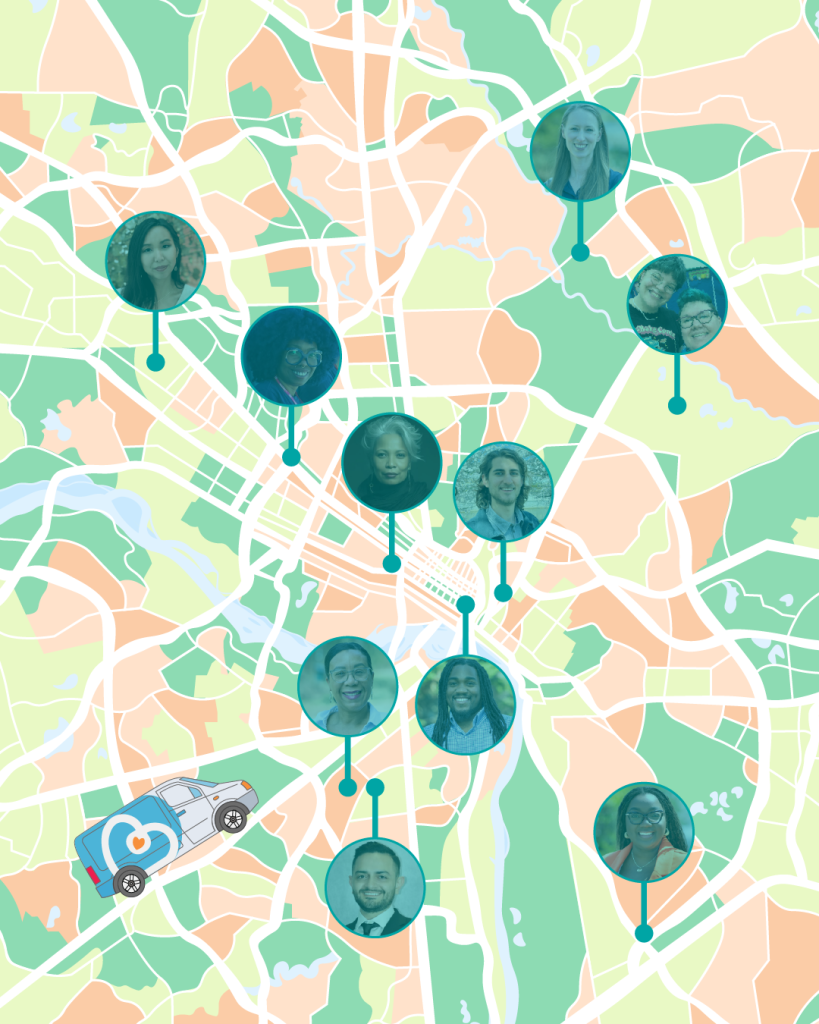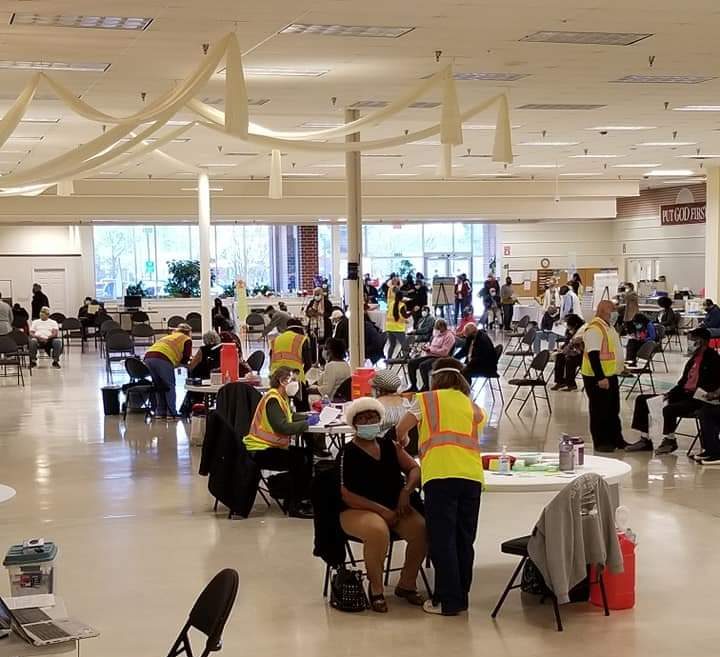Where does public health take you?
DS: Health Education requires networking and reaching our communities where they are. People have busy lives, sex is a part of it, and we want to be a part of their sexual health and well-being.
BR: If you ask people to come to your STI event, they won’t. So we’re at community events at Diversity, at Monroe Park, at local pharmacies, at festivals and events, at rec centers and libraries.
Where did you learn about public health (and who’s your public health hero)?
BR: Evan Thornburg is a bioethicist who specifically studies misinformation, disinformation, and conspiracy theories as threats to public health. And they come from HIV-land!
DS: Lisa Raville is the woman who turned me into a harm reductionist. She runs the Harm Reduction Action Center in Denver. She’s the first White person I heard say loud and clear: “If incarceration and punishment worked to combat addiction, we would have solved this issue years ago.” You can check out her really good TEDx Talk!
Where were you before public health?
DS: I come from the world of activist organizing and for me, I just wasn’t seeing a lot of change happening for real people suffering in real time. And I wanted to be kinder to myself. Learning about harm reduction was so powerful for me, because then I could look at my life in every area and say, “where is there harm in my life and how do I reduce it?”
Where would we be likely to find you after work?
BR: Two out of my five workdays, I go straight to roller derby! I’m either at home or at the roller dome.
Random Round!
What’s Richmond’s best month?
BR: June. I love the heat, and Richmond is such a river city and that’s when you can really get into it.
What are you reading, watching, or listening to right now?
DS: My spouse and I watch a different movie every night. Lately, I’ve been into 90s action. My two faves are Speed and Point Break.
What’s your walk-up song?
BR: My roller derby team’s roll-out song is Tubthumping by Chumbawamba! In derby workouts, you have to do a full lunge every time you hear the word “down” in that song, so it’s basically team intimidation.
Which sandwich best describes your style of working?
DS: An avocado tuna melt. Delicious and filling and just a little bit special.
BR: A deconstructed croque monsieur. Very organized but everything’s separate.
Would you rather be a ghost or a dog?
Both: Dogs!



